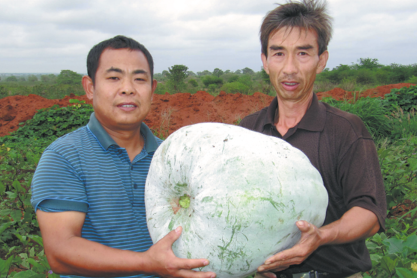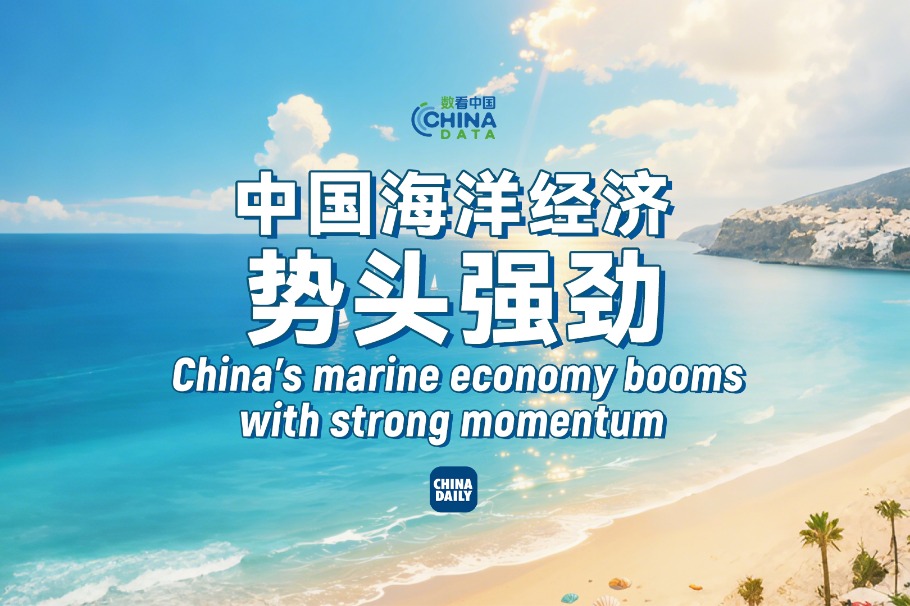Pharmaceutical firms in South China ride RCEP flurry to go global on demand


Pharmaceutical companies from South China's Guangxi Zhuang autonomous region now plan to go further into global markets after the Regional Comprehensive Economic Partnership agreement came into effect.
Four years ago, it took nearly 1.5 hours for local enterprises to export traditional Chinese medicine, automobiles, seafood and fresh fruit to the nearest neighboring country. With the tailwind provided by the RCEP agreement, it takes less than 30 minutes at minimum for the nearest neighbor to enjoy fresh, amazing products from the subtropical region in China.
Guilin Pharmaceutical Co Ltd, the developer and manufacturer of the "malaria killer" Artesunate, became the first pharmaceutical enterprise in the region on Feb 16 to pass the qualification of "Approved Exporter", an RCEP-enabled exporter preferential policy offered to Guangxi companies.
Two days later, the company issued its first origin declaration for a batch of medicines, which was planned to be exported to New Zealand and was worth $148,000.
"As a Customs-certified enterprise, before the implementation of RCEP agreement, Guilin Customs had introduced a favorable policy to us," said the spokesperson, who is in charge of the overseas business department of Guilin Pharmaceutical and declined to be named.
"The policy enables Guangxi enterprises to use self-issued declaration of origin and enjoy tariff reductions in RCEP member countries. The mechanism saves us a lot of time and labor costs, and we can arrange production and shipments in a more flexible manner. It was really convenient," she said.
Peng Cheng, director of Guilin Customs, said once enterprises are qualified as "Approved Exporters", they can arrange manufacturing and export activities more flexibly and adjust their business strategies when selecting the import country or region for bulk pharmaceutical chemicals, letting the RCEP members cut tariffs and benefit them even more.
"This is of great significance for Guangxi enterprises to improve international competitiveness and strengthen the local pharmaceutical supply chain and industrial chain," he said.
"Furthermore, only top companies recognized by Guilin Customs are able to apply for the 'Approved Exporter' policy. The mechanism helps them gain wider international acknowledgment, expand overseas markets and prioritize industrial blueprints," said Yang Can, director of the comprehensive affairs department of Guilin Customs.
Nanning Customs, the higher-level authority supervising Guilin Customs, said by taking advantage of the RCEP agreement, Guangxi companies can accelerate the expansion of trade in goods, strengthen its traditional businesses with ASEAN member states and explore trade potential with countries like Japan, South Korea, Australia and New Zealand. They can also continue to implement trade facilitation measures, and accelerate the development of new business modes.
For example, by taking advantage of the first tariff reduction arrangement between China and Japan, China's import tariff rate of antibiotics from Japan was cut to zero from the previous 4 percent to 6 percent, said Nanning Customs.
"This was undoubtedly a blessing for Guilin-based pharmaceutical companies that have the business of importing antibiotics from Japan," Yang added.
Apart from pharmaceuticals, other areas such as automobiles and agriculture are also benefiting from the trade dividends of the RCEP. Foreign companies said conducting economic exchanges with partners in Guangxi helps them better tap business opportunities in Southeast Asian markets, thanks to the geographical advantages of the autonomous region.
The RCEP agreement, which took effect on Jan 1, covers roughly 30 percent of the world's population.
The region has been actively participating in economic and trade cooperation with other RCEP members and the autonomous area is a prime beneficiary. From 2010 to 2020, the trade value between Guangxi and other RCEP member countries grew to $39 billion from $8.8 billion. The RCEP region is the largest investment destination for Guangxi, the local government said.
In the future, Nanning Customs will ramp up efforts to take better advantage of RCEP-enabled policies to lower trade barriers, promote trade and investment liberalization and facilitation, and promote trade between Guangxi and the outside world at a higher level, it said.
Zhang Li in Guilin contributed to this story.





































